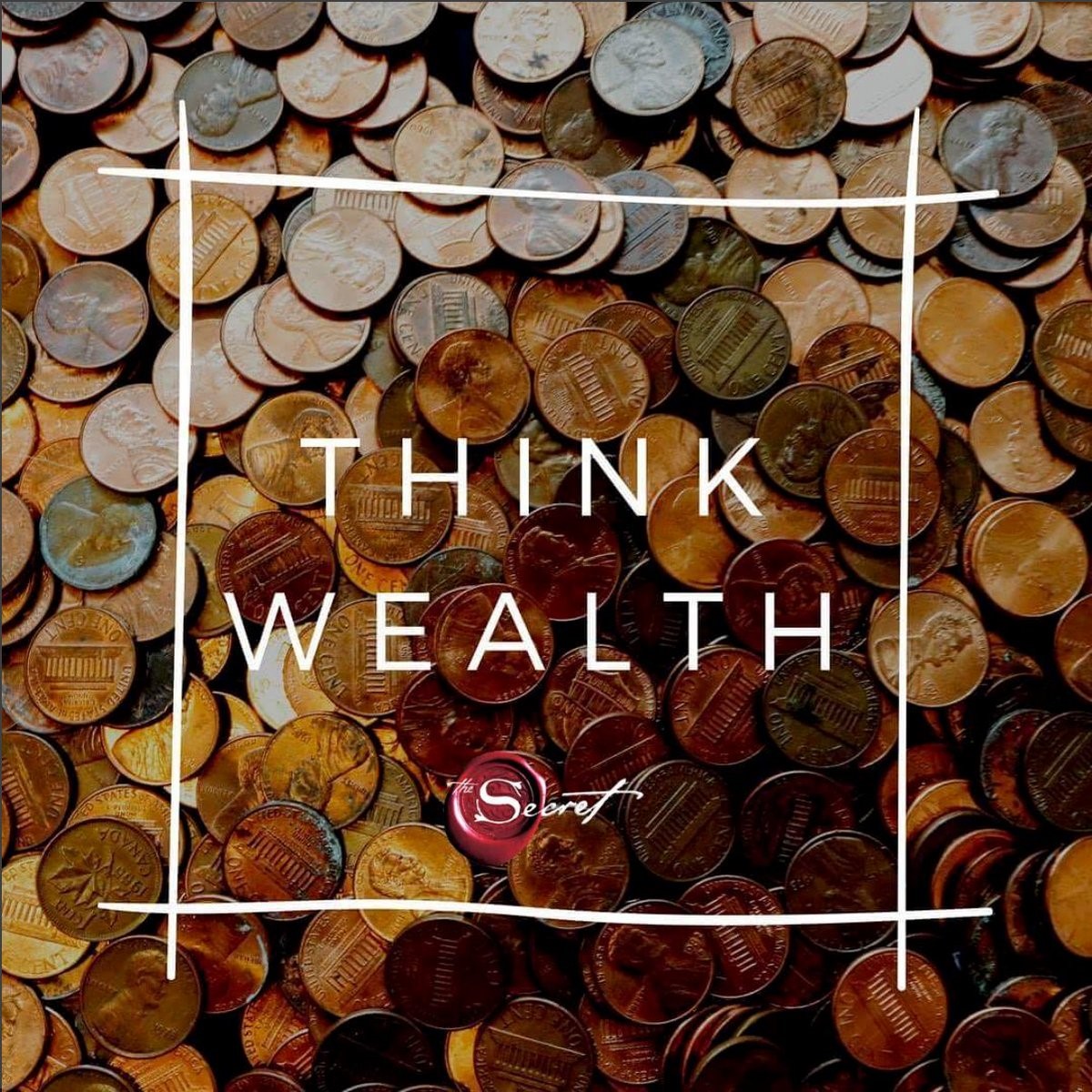Today, many people are earning way more than what they were earning at their first jobs but can’t seem to grasp why they are even in debt.
By Tunde Andrews
I wrote an article on the privilege of saving for the average Nigerian, and while reading through some of the comments, I noticed one from Ada who felt the article was incomplete as it did not speak on how to save if you could increase your income. I had envisioned this, but in reading the room with the Nigerian reality, I wasn’t so sure my unsolicited and un-sugarcoated thoughts would be welcome, but since Ada asked, I will share.
A friend of mine, working with one of Nigeria’s legacy banks reached out to me recently, I’m guessing they were in the middle of trying to create a tech product targeted at the youth, and he wanted to know what I felt the “young blood” were looking for in finance/investment apps. I thought about it for a moment and thought how best to frame my response, so as not to bruise his ego because my answer would have been a simple: Nothing your bank can offer.
You see, regulated entities like banks and other financial institutions are often burdened with the small task of ethics. I’m not saying they are all ethical; I’m saying the regulation they are under pushes them to, in the very least, appear ethical. So while they know that the average Nigerian is primarily driven by short term profit (usually to burn on consumption) and is more concerned with knowing the percentile ROI (Return on Investment) than in knowing the authenticity of the underlying assets, they are bound to continue to offer the safer, yet lower, ROI but stand by and watch the crowd chase after the high risk, high return options.
One of those options failed to pay returns as agreed recently (as a few of them have), and in trying to get their money back, some of the investors reached out to me. I reached out to someone within the Securities and Exchange Commission on if something could be done to help recover these funds. The answer I got was a flat no, stating that the SEC does not regulate these companies and cannot step in to help recover such funds.
I cannot tell you how many times I’ve had to counsel friends on the risks of these platforms, to which I always get this infamous line thrown back at me, “But they are paying. So, so, so and so just got paid last week”. I often cannot argue because many of these platforms have good intentions and do all they can to keep you by giving high rates, then struggle to pay cycle after cycle, hoping something will break in their favour until one day, it doesn’t, and funds cannot be recovered. So what is this huge attraction for high, short term ROI despite the huge risks?
Income and Wealth Are Related but Different
I like to think of income as the amount of money someone receives on a regular basis, while wealth is the length of time that person (or family) could maintain their current lifestyle without performing additional work. There is a concept called Parkinson’s Law, which states that expenditures always rise to meet income. Today, many people are earning way more than what they were earning at their first jobs but can’t seem to grasp why they are even in debt. Herein lies the problem.
I suspect that there is a belief amongst many Nigerians that if they can earn quickly enough, they will get wealthy. So, they stay haunting for the next high ROI platform as an escape out of poverty – a drive that then blinds them from asking the right questions. Ponzi schemes understand this too well.
How Do You Build Wealth?
Having wealth doesn’t just provide you with money to buy stuff; it provides you with freedom and control over your life. To answer Ada’s question from my previous article on what to do with your now-grown income, there are a few things I suggest:
- Protect your money: Keep your savings in instruments and/or currencies that ensure that you are protected from the effects of inflation and
- Protect your assets: Insure your assets against the devil, On a serious note, insure your assets, so you don’t have to tell stories that touch.
- Protect your life and health: Paying out of pocket for healthcare really has to be high up with some of the dumbest decisions anyone can make. This is so because, unless you use what Nigerians call ‘chemists’, you are likely going to pay a lot to stay healthy. Also, get life insurance to protect your loved ones, in case (God forbid) anything happens to you.
- Seek and buy assets: Seek assets that will not only earn you some money but will also require very little spending to keep it going. You should also know all there is to know about these taxes – from government regulation to taxes, etc. – so that the asset takes care of itself and still pays you.









